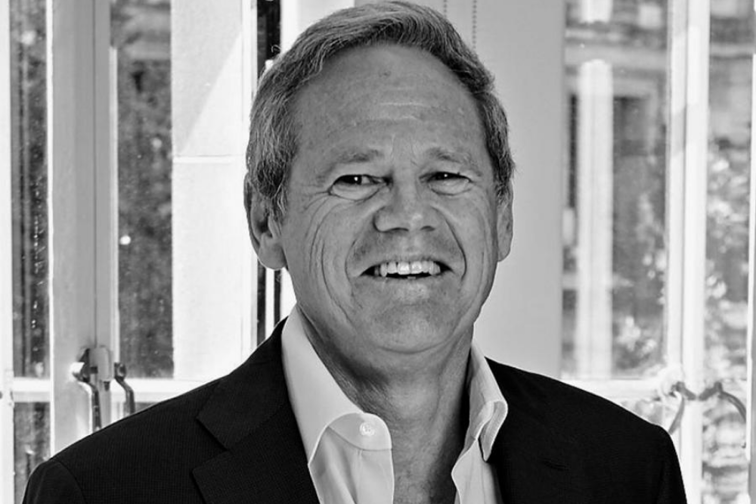

Regional Australia’ property boom is set to continue – but local authorities need to act to preserve the character of country towns, according to one of the nation’s premier urban planners.
Mike Day, a partner at award-winning urban planning and design practice Hatch RobertsDay, has charted the growth of regional Australia’s property market and the ongoing ‘tree changer’ movement that has seen over 60,000 Australians relocate from the capital cities into country areas.
“It is happening in perpetuity now, because you get to a critical mass,” Day told Australian Broker of the migration patterns that have seen country towns grow and grow. “The problem that country towns have had in the past is that you haven't had a critical mass, in fact there was a mass exodus as younger people moved to the city. Now you're seeing that reverse. Personally, I don't think it's going to abate.”
The trend was already in evidence before the pandemic, but the changes in ways of working that came about due to COVID have seen it accelerate.
“The dispersed workplace is with us forever,” said Day. “The technological change brought forward a decade of transition. House configurations might need to change - we've been advocating for the granny flat on the garage that doubles up as a studio. We're seeing building types changing and in addition, you're getting work close to home when not at home. You walk down to the neighbourhood centre and there might be a workspace, with a service base and a conference room. Anecdotally, we're hearing that a lot of work is being done at these neighbourhood hubs.”
“We're see a wholesale shift. Country areas are going to become so popular because they're not an amorphous mass like the outskirts of the cities, which often lag in terms of infrastructure, while country towns are framed around a railway station with a regular service. It could be quite instructive that country towns might be instructive for the growth areas of major cities.”
The question that inevitably follows is what those in country towns can do to maintain their character in the face of newcomers from the city.
“They need to share what they are with the newcomers,” advises Day. “These places have evolved over 150 to 200 years and have a lot of inherent character. I think it's important that, all levels of the community, whether elected officials, councillors or the wider community, they show a little bit more unity among those influencers. They've got a really important role to play.”
“Unfortunately, what seems to be happening is that some of them seem to be a little at odds with one another, and they need to work together to highlight what the attributes of these country towns are. They're usually in quite unique natural settings and have unique buildings and heritage housing stock. “
“The conventional suburban developers are coming in and building up around the outskirts of these country towns and need to be deferential and mindful that these towns have evolved over hundreds of years, and be respectful of what is there. They need to design in a way that is more in keeping with the character of these places.”
There are obvious economic benefits that come with a largely prosperous group choosing to relocate and bring their wealth with them, but it can have a negative effect for locals as prices rise accordingly.
“It's all about supply and demand,” said Day of the real estate market in rural Australia. “Country areas have character and have to open up and release new areas for urban development because they're getting bitten up (as soon as they hit the market). That's what has happened in rural Victoria. Prices are skyrocketing because there's such limited supply. The industries are coming up from Melbourne and subdividing in the same manner that they've been doing in the city suburbs.”
“It's a monoculture and you don't get diversity in housing, so one of the things that we've been advocating for is that we should be returning to timeless planning principles of walkable, connected, mixed use neighbourhoods. That's the inherent characteristic of these country towns, so we ust have to emulate the principles that our forebears laid out. It's not rocket science and we've been doing it for 5,000 years.”
